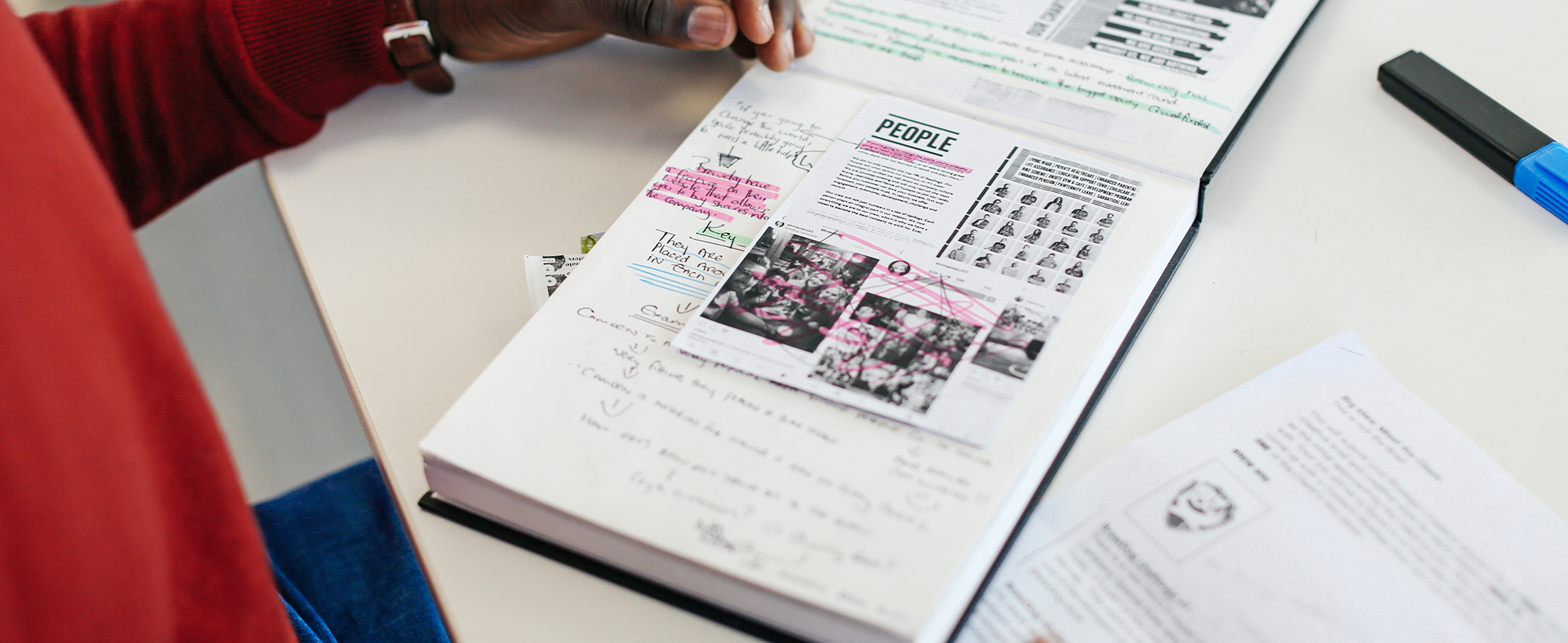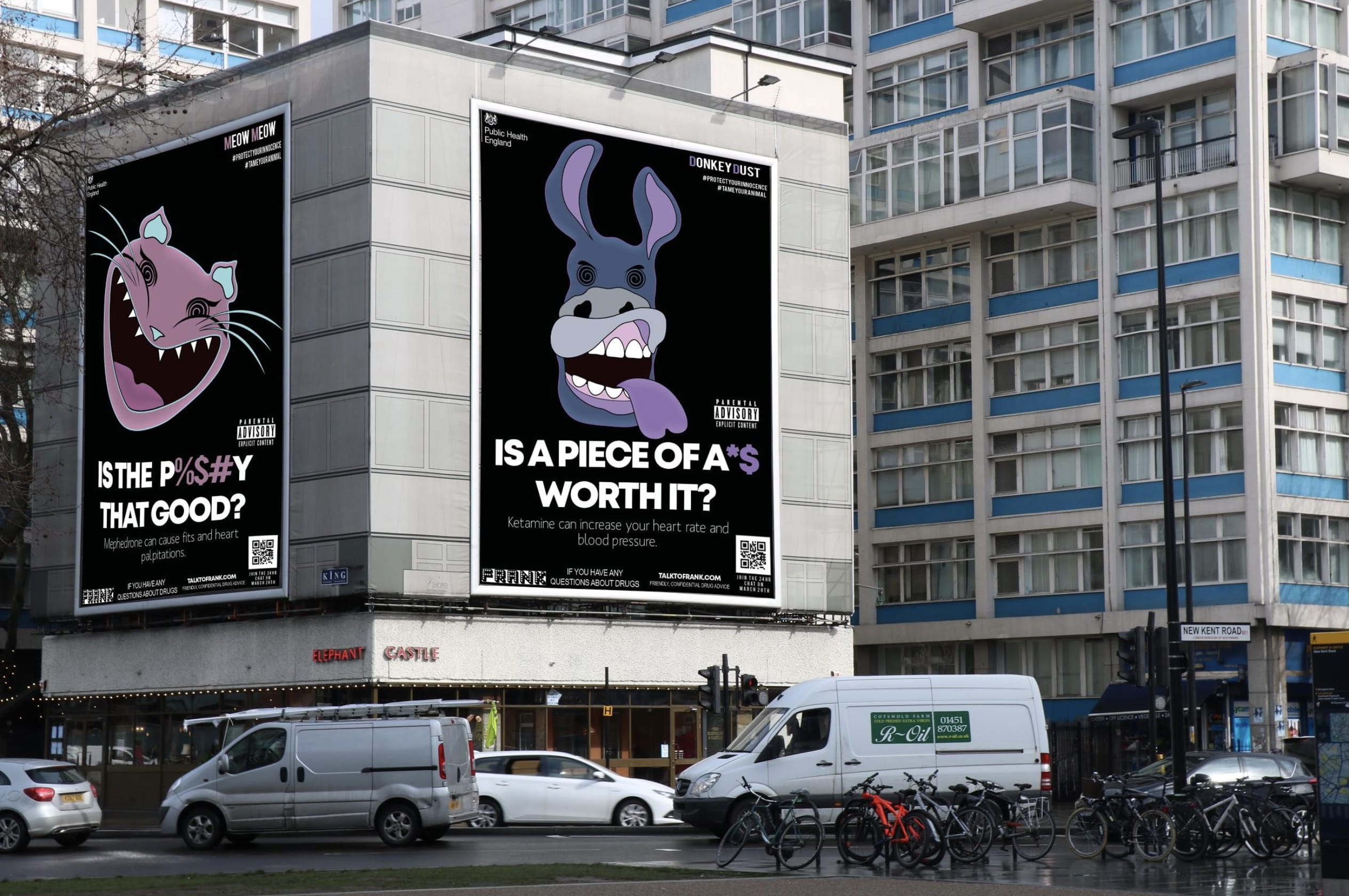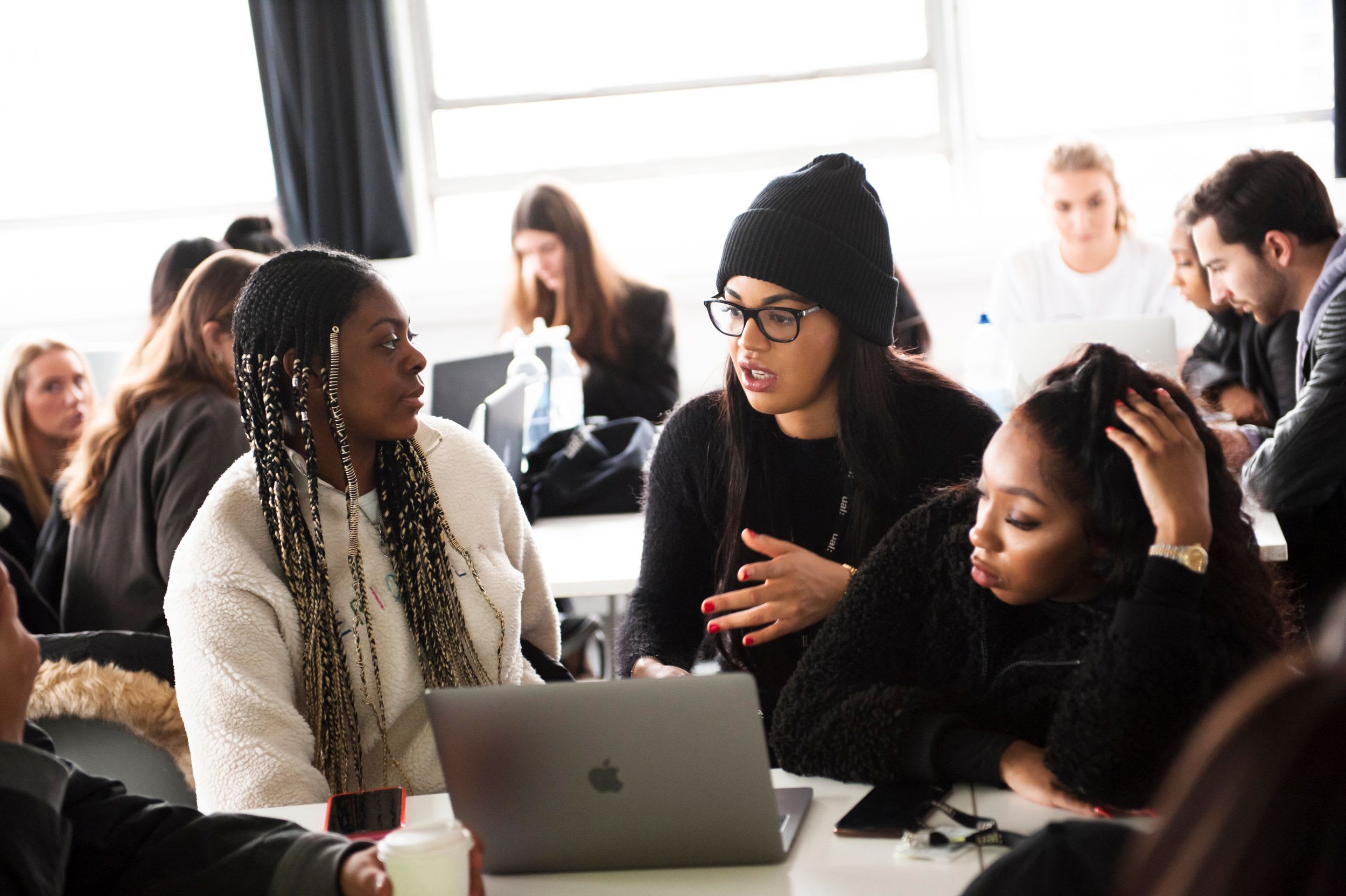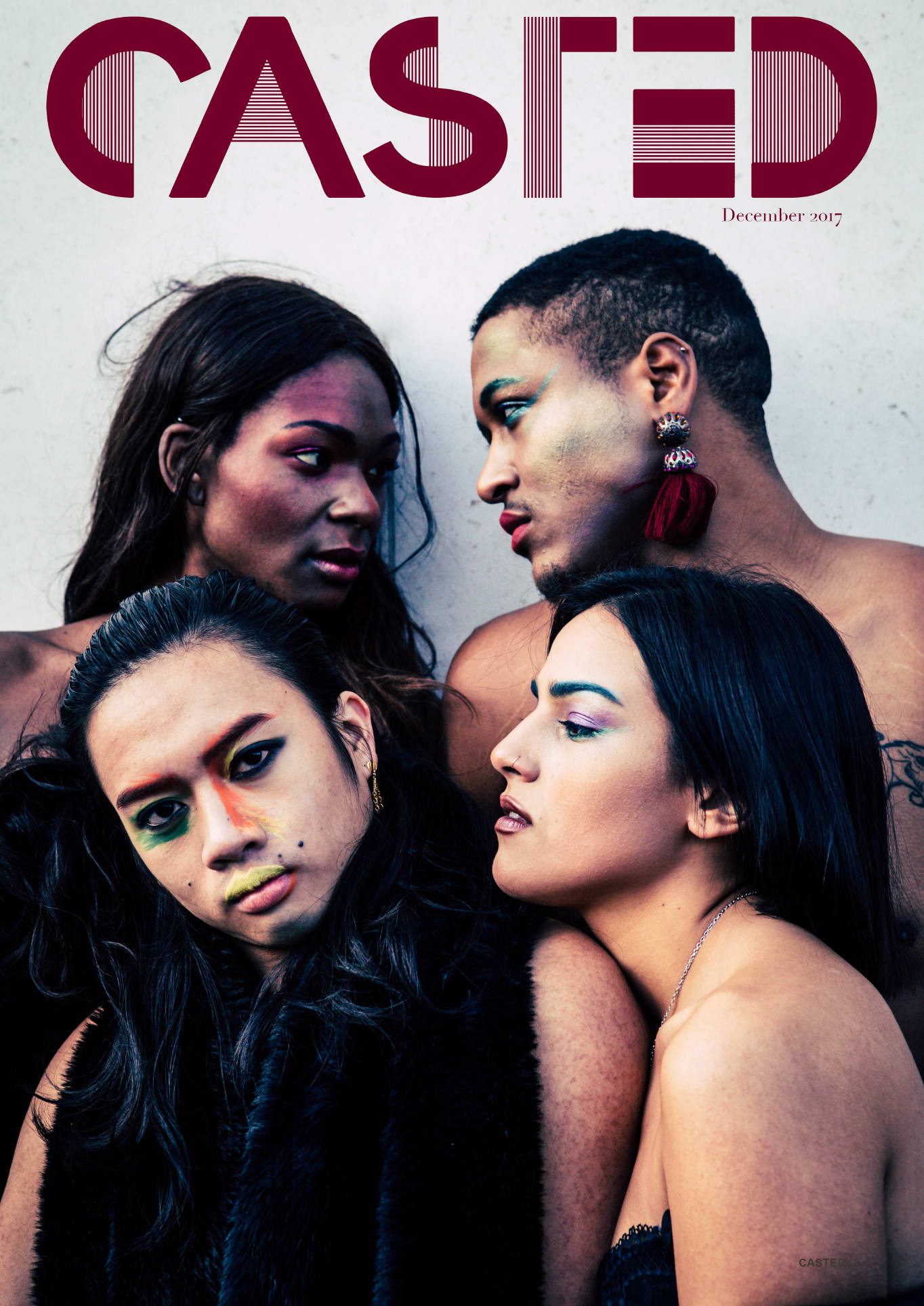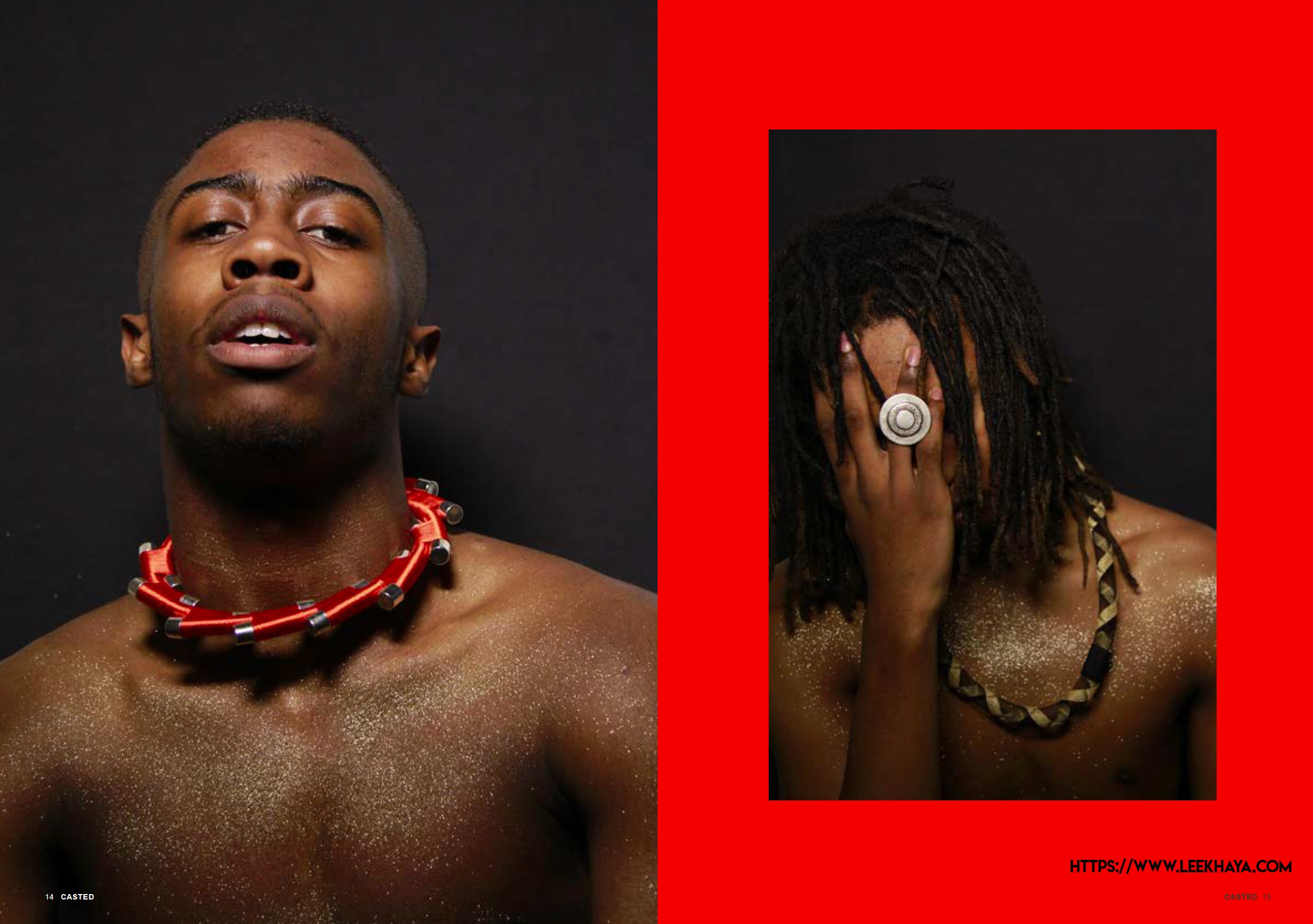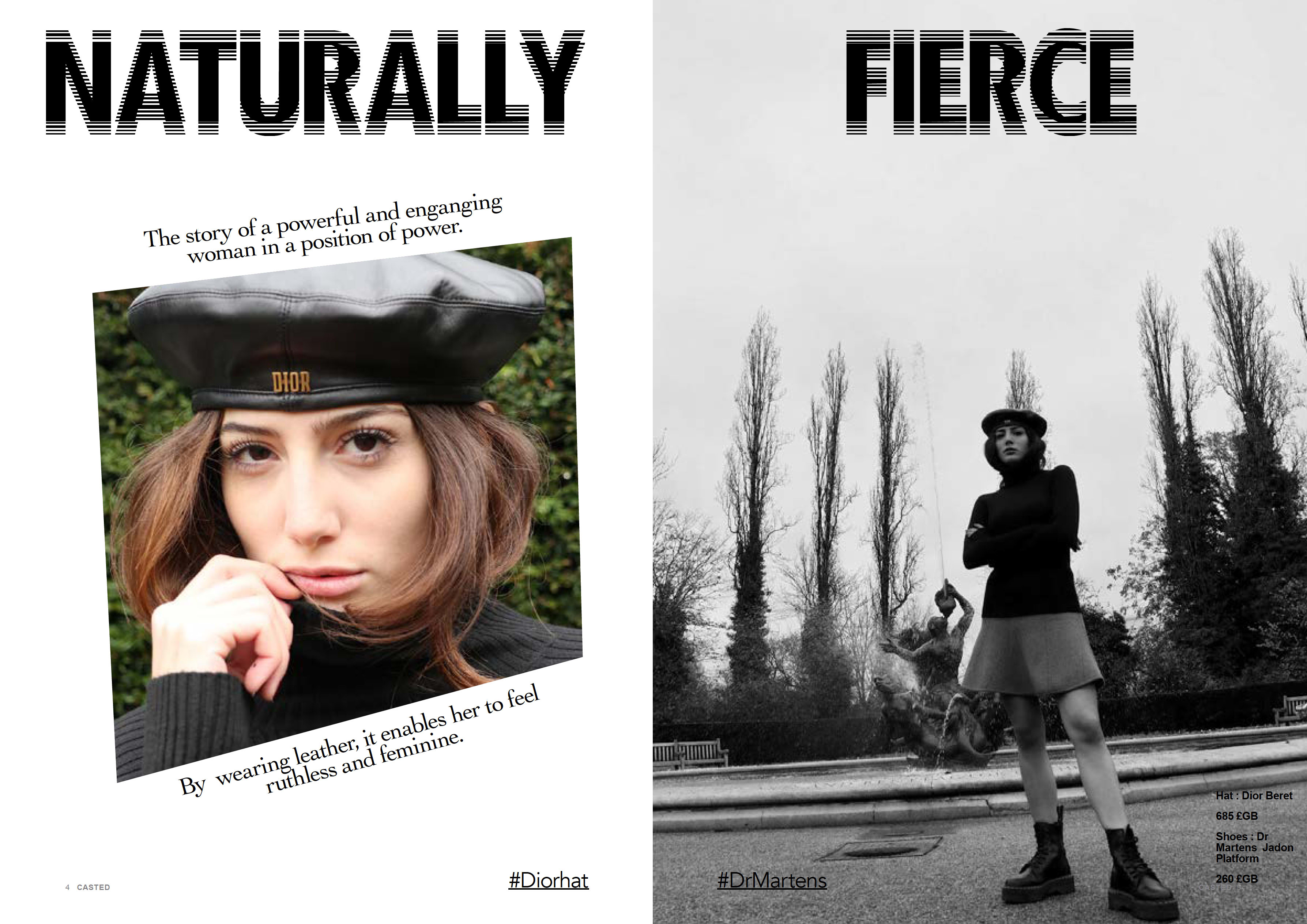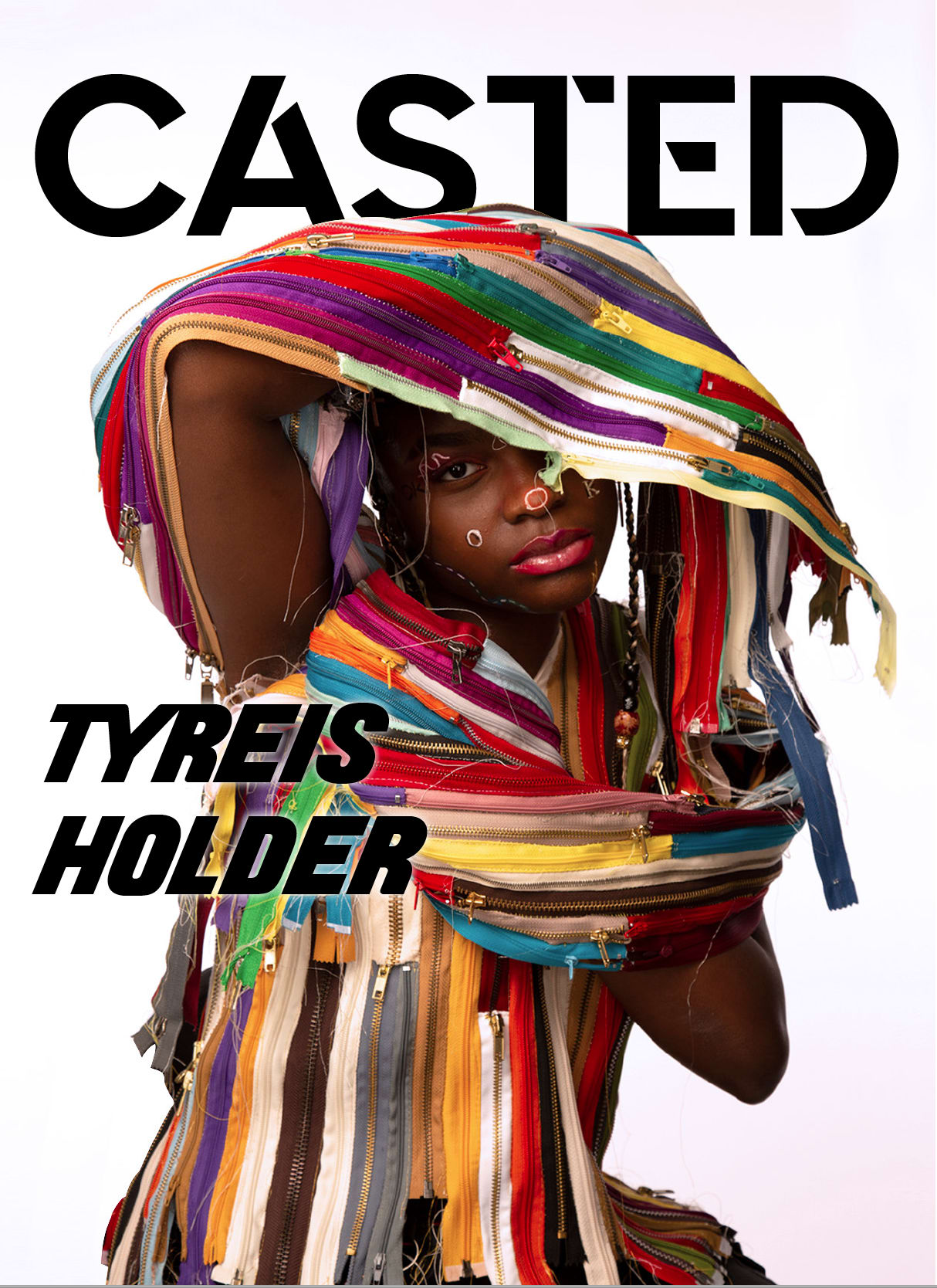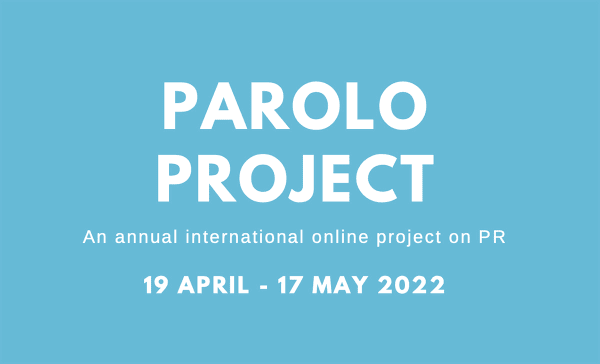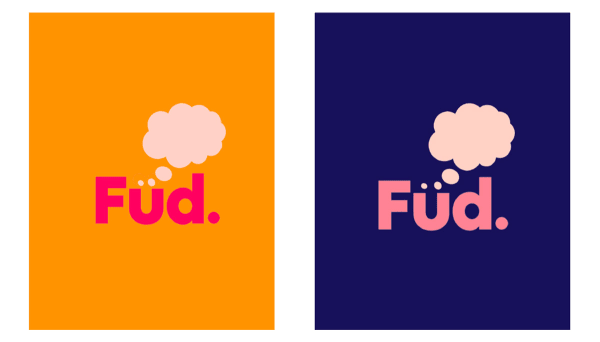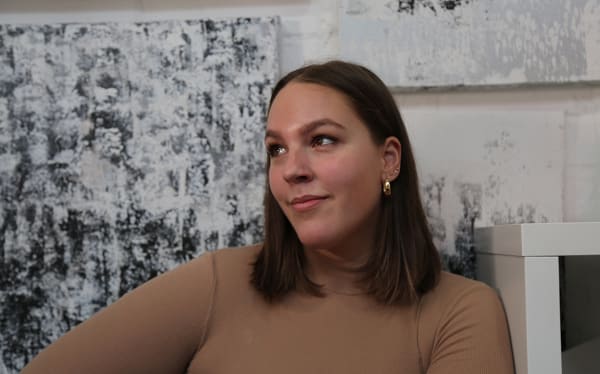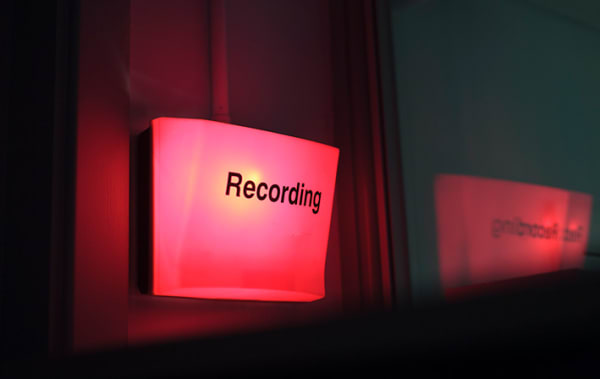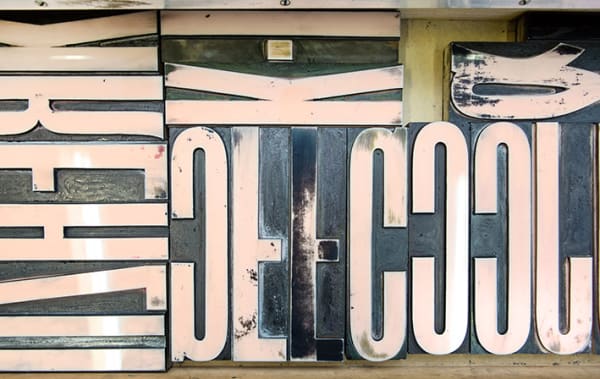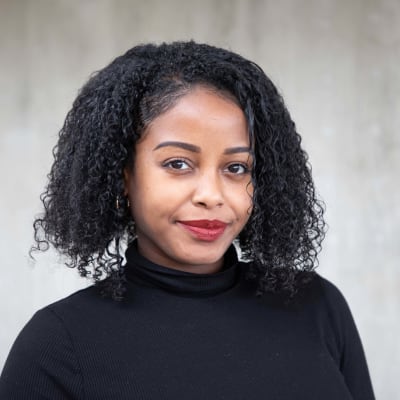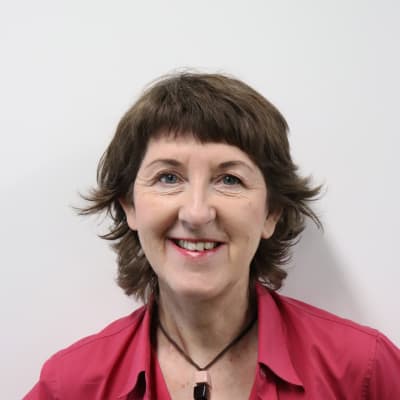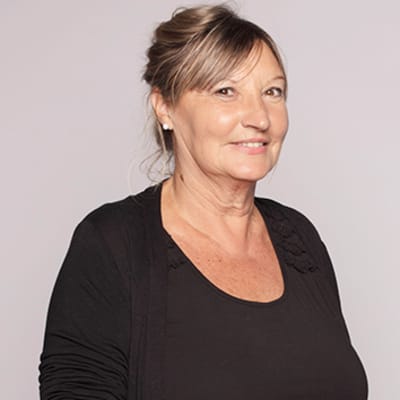Course units
We are committed to ensuring that your skills are set within an ethical framework and are embedding UAL’s Principles for Climate, Social and Racial Justice into this course.
In common with all courses at University of the Arts London, this course is credit rated. The course is 3 years, levels 4-6. Each year requires you to achieve 120 credits. To be awarded the BA (Hons) Public Relations qualification, you need to accumulate a total of 360 credits.
Year 1
Introduction to Public Relations (20 credits)
This unit will welcome you to your course and introduce you to our learning approaches. We’ll introduce the UAL Creative Attributes Framework as a tool for understanding your university journey and feature sessions on independent study, collaboration, academic writing and academic conduct. You’ll also be introduced to the key topics that will be developed throughout your course.
Creative Foundations (20 credits)
Through a series of creative and technical workshops, this unit will provide a foundation for understanding and engaging with the creative process: from the early stages of creative thinking and skills development to realising and finalising creative outputs.
Sustainable Strategic Communication (20 credits)
You’ll learn how to assess the stakeholder landscape, analysing the forces shaping organisations and their reputations today.
Focusing on the ways in which PR practitioners make decisions through the strategic communications process, you’ll explore the impact of business objectives, societal forces and cultural shifts in public opinion while also considering how to make communication structures more inclusive.
Media, Communications and Culture (20 credits)
This unit will introduce you to the broad field of communication studies by mapping and applying key theories and approaches.
You’ll explore ways of thinking about the formation, transformation, and influence of communications industries, and contextualise contemporary debates about related practices, texts and users.
Platforms and Social Media (20 credits)
Providing an important foundation for understanding platforms and social media from a range of socio-cultural perspectives, this unit applies project-based learning to not only examine their complexity, but also to consider how they can be used for promotional and creative communication.
Media Strategy: Messaging and Influencing (20 credits)
Using industry briefs, you’ll design a media strategy for a business organisation which will involve media relations, social media and influencer relations. You’ll then include the media strategy for your client in the broader framework of a PR campaign.
Year 2
Professional Industry Practice (20 credits)
Supporting you to prepare for a career within or alongside the media and creative communications industries, this unit will introduce different modes of working in the professional landscape. You'll be encouraged to reflect on your own interests and creative skills in relation to employability, and to explore industry-based experiences such as placements, internships, live briefs, and freelance working.
Global Media Businesses, Practices and Cultures (20 credits)
You’ll examine the changing ways in which global communications are organised, the connections between business and cultural aspects of the media and creative communications industries, and their relationship to wider processes of economic, political, social and cultural change.
You’ll also consider different work practices in the creative and cultural industries, and identify the competencies and behaviours required to work successfully within them.
Reputation Management: Issues, Risks and Crisis (20 credits)
In this unit, you’ll learn the practicalities of building and maintaining reputation – one of the most critical assets of any organisation, and the factor which underpins professional public relations practice.
Communication Research Methods (20 credits)
You’ll be introduced to the research process by learning methods for data gathering and data analysis. With a focus on research outcomes, you’ll be supported to then apply these techniques to your written work as well as your creative practice, and to produce a proposal for a research project in your final year.
Persuasion and Public Opinion (20 credits)
This unit will challenge you to use psychological and media theories to plan persuasive communication strategies for societal problems. You’ll learn how the human mind works, and how to ethically deploy this information for the benefit of individuals and society.
Level 5 Option Unit (20 credits)
This unit will enable you to choose an option that supports the further development of your creative production skills. Recent units offered have included:
- Content Creation: Digital and Web
- Content Creation: Film and Video
- Content Creation: Podcasting and Audio
- Professional Skills: Building Brands
- Professional Skills: Data and Social Media Analysis
- Professional Skills: Influencer Marketing Communications
Year 3
Research Project (40 credits)
In this unit, you’ll undertake an independent research project in an area of public relations or contemporary strategic communication that you’re particularly interested in, which can be accompanied by an incorporated creative project.
Final Major Project (40 credits)
In this unit, you’ll consolidate and further advance your creative skillset along with your professional development by engaging in a live project in which you’ll provide PR-focused solutions and build a pitch for a client’s communication needs.
Creative Futures (20 credits)
In this unit, you’ll explore potential career options and postgraduate opportunities to prepare for life after graduation.
Reflecting on your journey throughout the course, you’ll identify your skills, strengths and aptitudes alongside your aims and ambitions for the future before producing a 12- to 18-month action plan to help you consider your next steps.
Level 6 Option Unit (20 credits)
You’ll have the opportunity to choose from a range of research-based options and specialist topics to develop your interests across media and communications.
The following units will be offered each year:
- Critical Sound Cultures
- Futures Thinking
- Information Warfares: Misinformation, Conspiracy and Extremism
- Love in a Digital Age
- Special Topics*
*Your selection of special topics may potentially include:
- Comedy and Satire in Media and Communications
- Community Management
- Digital Humanitarianism
- Food Cultures
- Global and Indigenous Media
- Rhetoric, Media and Political Communication
Optional Diploma between Years 2 and 3
Between Years 2 and 3 of the course, you’ll also have the opportunity to undertake one of the following additional UAL qualifications:
Diploma in Professional Studies (DPS) (Optional)
An optional, year-long learning opportunity which enables you to develop your professional skills by undertaking time out for industry experience. Supported throughout the year by academics, you’ll build on the knowledge gained on your course in a range of national or international locations, and graduate with an additional qualification of Diploma in Professional Studies.
Diploma in Creative Computing (Optional)
Between Years 2 and 3, you can undertake the year-long Diploma in Creative Computing. This will develop your skills in creative computing alongside your degree. After successfully completing the diploma and your undergraduate degree, you’ll graduate with an enhanced degree: BA (Hons) Public Relations (with Creative Computing).
